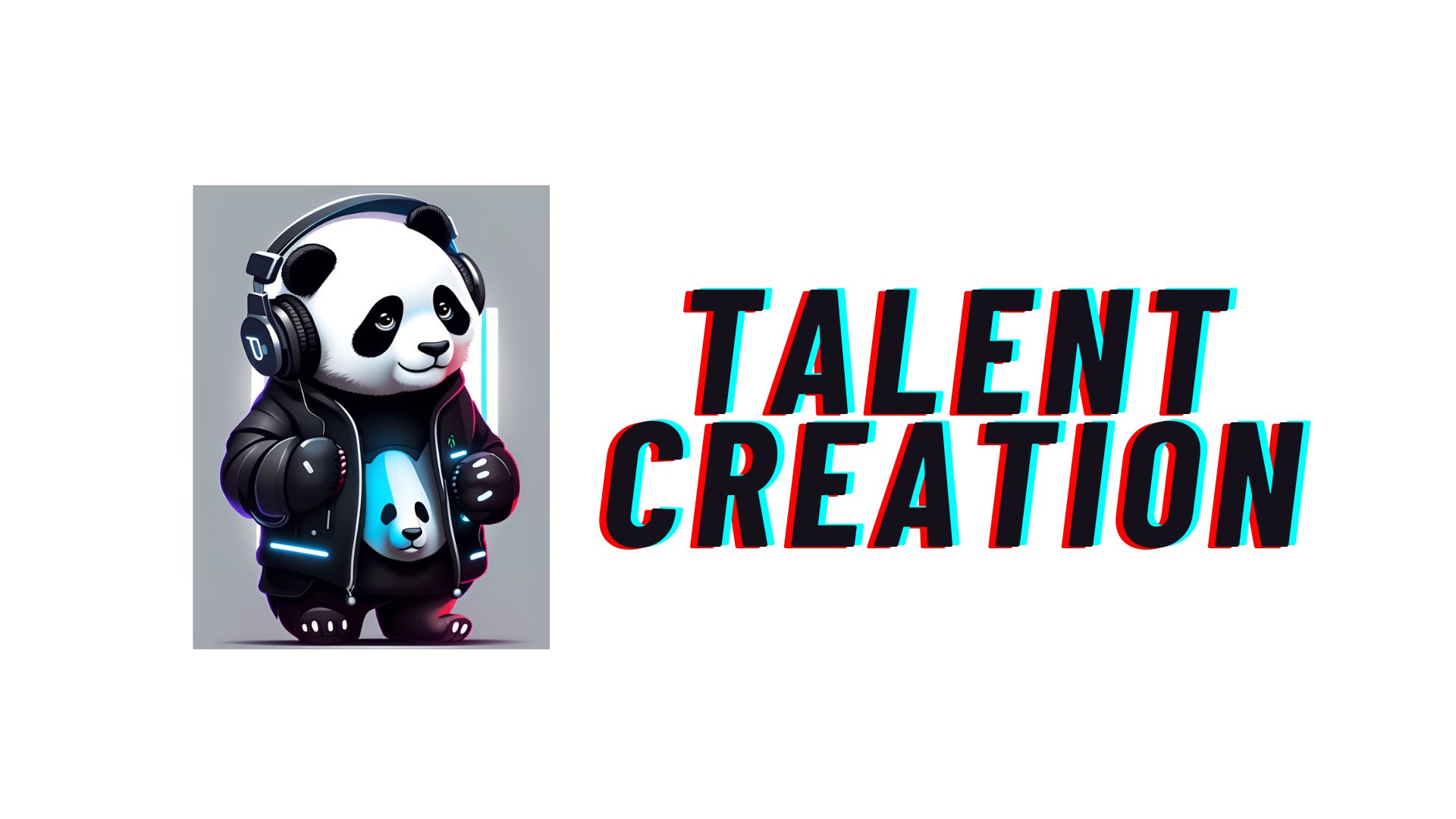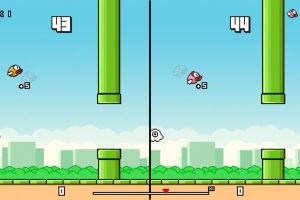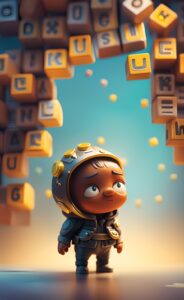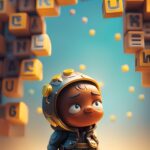Flappy Bird, a deceptively simple yet highly addictive mobile game, took the world by storm when it was first released in May 2013. Created by Vietnamese game developer Dong Nguyen, this side-scrolling, arcade-style game featured a small bird named Faby navigating its way through a series of green pipes with precise taps on the touchscreen. What made Flappy Bird stand out was its extreme difficulty, combined with a basic premise that anyone could understand. In this extended article, we’ll take a closer look at the journey of Flappy Bird, from its creation to its meteoric rise and subsequent removal from app stores, and the enduring legacy it left behind.
Flappy Bird Game Is Available In Our Game Directory.
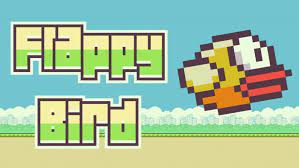
Contents
The Birth of Flappy Bird
Game Development
Dong Nguyen, a computer game artist and programmer from Vietnam, had always been a fan of video games. As a child, he enjoyed playing Super Mario Bros., which left a lasting impact on his understanding of game design. When he was just 16, Nguyen started coding his own games, fueled by his passion for the medium.
At the age of 19, while studying programming at a local university, Dong Nguyen secured an internship at Punch Entertainment, one of the few prominent video game companies in Vietnam. However, he noticed that many popular games on the iPhone, such as Angry Birds, were becoming increasingly complex. This inspired him to create a game that was refreshingly simple, one that would appeal to people “on the move.”
The Birth of Faby
The central character in Flappy Bird, Faby, was not specifically designed for this game. In fact, Nguyen had originally created the bird character in 2012 for a different, abandoned project. However, he saw potential in the character and decided to repurpose it for Flappy Bird.
The initial version of Flappy Bird was even simpler than the final product, but Nguyen felt that it lacked the necessary challenge. He made a conscious effort to increase the game’s difficulty, turning it into a true test of a player’s skills and patience.
Dogged Simplicity
Dong Nguyen’s company, DotGears, described its games as “heavily influenced by retro pixelated games in their golden age.” The focus was on delivering pure, uncomplicated gameplay that was both extremely challenging and incredibly fun. The philosophy was simple: create games that were easy to pick up but difficult to master.
The Rise to Popularity
Flappy Bird’s journey from obscurity to fame was nothing short of remarkable. Here’s how it all unfolded:
Initial Release
Flappy Bird was originally released on May 24, 2013, with support for the iPhone 5. However, it didn’t initially receive much attention.
The PewDiePie Effect
The game gained its first taste of fame when it was reviewed by the popular Swedish YouTuber PewDiePie. His endorsement brought the game to the attention of a massive audience, setting the stage for what would become a viral sensation.
Chart-Topping Success
In January 2014, Flappy Bird rocketed to the top of the Free Apps charts in the US and Chinese App Stores. It was soon hailed as “the new Angry Birds” in the UK App Store, completing January as the most downloaded app. The Android version of Flappy Bird was finally released to the Google Play store on January 30, 2014.
Enormous Revenue
By early 2014, the game was generating an astounding $50,000 per day in revenue through its in-game advertising. It had become a global phenomenon, captivating players around the world.
The Controversial Disappearance
Just as Flappy Bird reached its zenith, it disappeared from app stores in a move that shocked the gaming community. On February 10, 2014, Dong Nguyen made the decision to remove the game from both the App Store and Google Play. He cited a few critical reasons for this dramatic decision:
Addiction and Responsibility
Dong Nguyen explained that he felt a strong sense of responsibility regarding what he saw as the game’s addictive nature. He didn’t want to contribute to the potential harm or addiction that some players were experiencing.
Public Misuse
Beyond the addictive nature of the game, Flappy Bird was also facing issues of misuse. It was being exploited for various purposes, which likely added to Nguyen’s decision to pull it from the app stores.
A Frenzy on eBay
The sudden removal of Flappy Bird led to a frenzy on eBay, with smartphones containing the game being listed for thousands of dollars. Some saw this as a testament to the game’s cultural impact and the extent of its popularity.
The Legacy of Flappy Bird
The removal of Flappy Bird from app stores didn’t mark the end of its story. Instead, it left an indelible mark on the world of mobile gaming:
The Rise of Clones
With the disappearance of Flappy Bird, numerous imitators and clones emerged on app stores, trying to fill the void it left. Both Apple and Google started taking action against games that were deemed too similar to the original, leading to the removal of many such games from their app stores.
Flappy Birds Family
In August 2014, an amended version of Flappy Bird, known as “Flappy Birds Family,” was released exclusively for the Amazon Fire TV. While this didn’t entirely bring back the original Flappy Bird experience, it offered a glimpse of nostalgia for those who missed the game.
The Arcade Game
Bay Tek Games, a Wisconsin-based arcade game manufacturer, saw the potential in Flappy Bird’s brand and launched a licensed coin-operated Flappy Bird arcade game. This physical version brought the Flappy Bird experience to arcades, allowing players to test their skills in a new way.
Playing Flappy Bird Unblocked
For those who miss the original Flappy Bird experience and want to relive the nostalgia, an HTML5 version is available online. This unblocked version closely resembles the original game, allowing you to play Flappy Bird in your web browser. It’s a testament to the enduring popularity of the game that players can still enjoy its simplicity and challenge.
Conclusion
Flappy Bird, a game born out of a desire for simplicity and addiction, became a global sensation before disappearing from app stores. Its legacy lives on through imitations, unblocked versions, and even a physical arcade game. While it may never return to official app stores, the memory of Flappy Bird continues to flutter in the hearts of gamers around the world. Dong Nguyen’s creation demonstrated the power of a simple, challenging concept and the profound impact a mobile game can have on the gaming community. As we look back at the rise, fall, and legacy of Flappy Bird, we can appreciate the game’s unique place in the history of mobile gaming.
